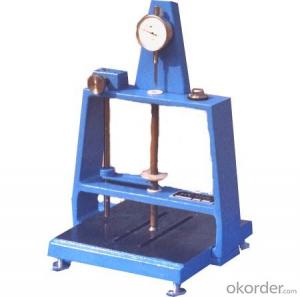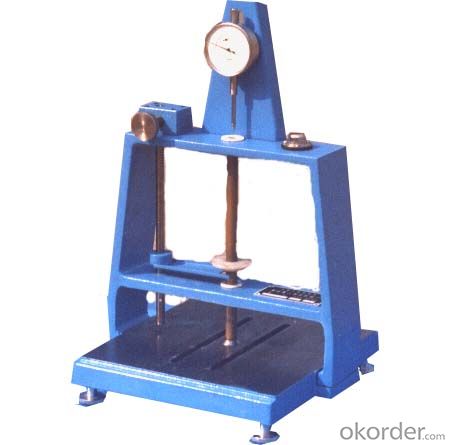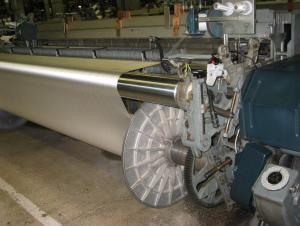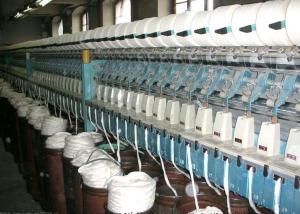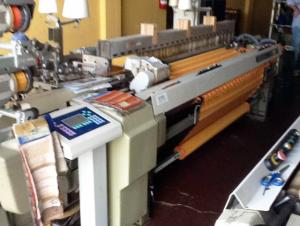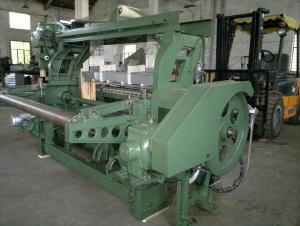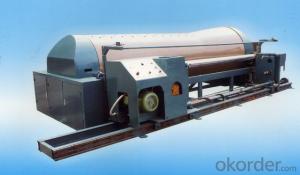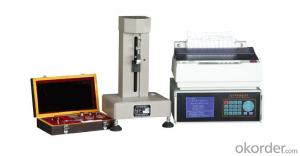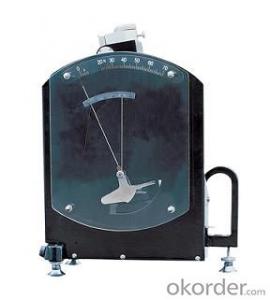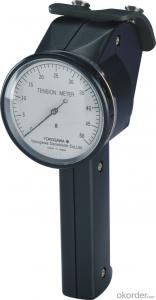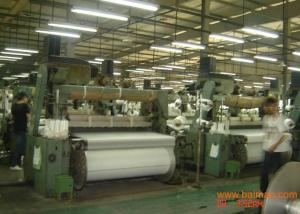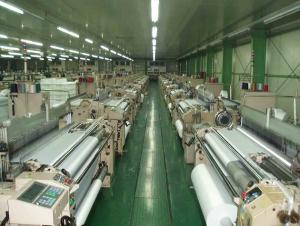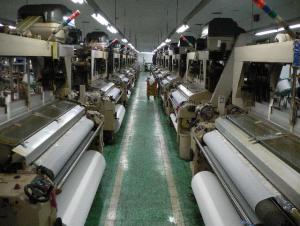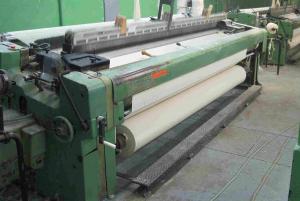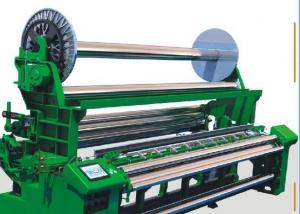TABER ROTARY PLATFORM CARPETING ABRASION TESTER
- Loading Port:
- China Main Port
- Payment Terms:
- TT OR LC
- Min Order Qty:
- -
- Supply Capability:
- -
OKorder Service Pledge
OKorder Financial Service
You Might Also Like
Specifications
CarpetingAbrasion Tester
2.CE,ISO calibration certificate
3.Free for 16 months maintain
4.SGS, TUV audited supplier
Application
To determine the wear resistance of all kinds of structures including metals , paints , plated surfaces , coated materials, textiles, leather and rubber. Uses the X pattern of abrasion produced by a rotary action of a pair of abrasive wheels.
Supplied with a full range of auxiliary weights, specimen holders, abrasive wheels, wheel refacer and vacuum unit.
Key Specification
Model | GT-C14A |
Abrasion Wheel Diameter | 52.4mm |
Weights | 250g, 750g, 1000g |
Gyration Speed | 60 ~ 72+/-2rpm |
Counter | LCD display 0-999999 |
Standards
| ISO 5470 ASTM D3884 SATRA TM163 |
Application
To determine the wear resistance of all kinds of structures including metals, paints, plated surfaces, coated materials, textiles, leather and rubber. Uses the X pattern of abrasion produced by a rotary action of a pair of abrasive wheels. Supplied with a full range of auxiliary weights, specimen holders, abrasive wheels, wheel refacer and vacuum unit
Key Specification
Model | GT-C14B |
Abrasion Wheel Diameter | 52mm |
Wear Round Centre Spacing | 53.2mm |
Gyration Speed | 70+/-1rpm |
Counter | LCD display 0-999999 |
The sample from the vacuum tube distance | 3mm |
Standards
| ISO 5470 ASTM D3884 D4060 DIN 53754 53799 53109 |
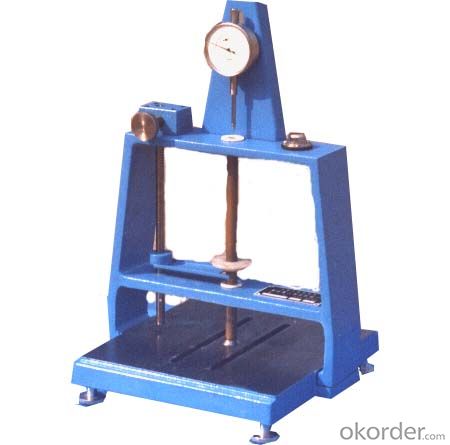
- Q: How to deal with axial fan noise?
- For the noise generated by the impeller, usually through the blade perforation approach to reduce noise, with the perforation method, you can make part of the air flow through the blade high pressure surface to the leaves low pressure surface, can promote the leaf separation point to move below the flow
- Q: How can a more intuitive distinction between centrifugal fans and axial fans?
- The 3, oblique flow fan, also known as mixed flow fan is between the axial fan and centrifugal fan between the fan, oblique fan of the impeller so that the air is doing both centrifugal and axial movement, the movement of the shell of the mixture of axial flow and Centrifugal two forms of movement. Mainly used for mine ventilation and tunnel ventilation.
- Q: What is the difference between an axial fan and a centrifugal fan?
- Centrifugal roof fans change the flow of media within the duct, while the axial flow of the roof fan does not change the flow of media medium;
- Q: Can an axial fan fit on the glass?
- If the vibration on the glass, more than a certain value, then the strength of the glass will be a great impact, may produce resonance.
- Q: What is the operation of centrifugal fans and axial fans?
- Centrifugal fan is based on the principle of kinetic energy conversion to potential energy, the use of high-speed rotation of the impeller to accelerate the gas, and then slow down, change the flow, the kinetic energy into potential energy (pressure)
- Q: How to reduce fan noise?
- Machine discrete noise (rotating noise): the rotation of the impeller. Especially in high-speed, low load conditions, this noise is particularly prominent. Discrete noise is due to the asymmetry between the blade structure and the blade design test rotation formed by the formation of the circumferential flow of the interaction caused by uneven noise, is generally considered to have the following
- Q: How to distinguish the high, medium and low pressure of the fan?
- Such as 4-72-4.5A 72 is the fan model than the number of revolutions, 72> 60, so we can identify it as a low pressure fan.
- Q: What is the difference between a wind knife and an air knife?
- The wind knife is the name suggests is to use the wind to dry, the main wind sources are: high pressure fan, blower, Roots blower and other products.
- Q: What types of fans are usually divided into?
- (Hereinafter referred to as push-in fan) and explosion-proof motor placed outside the flow channel or in the flow channel, the explosion-proof motor placed in the explosion-proof sealing chamber of the extraction of local fan (hereinafter referred to as the extraction fan ).
- Q: What is the working principle of the suction blower?
- The principle of suction and hair is the same, are the category of fluid mechanics.
Send your message to us
TABER ROTARY PLATFORM CARPETING ABRASION TESTER
- Loading Port:
- China Main Port
- Payment Terms:
- TT OR LC
- Min Order Qty:
- -
- Supply Capability:
- -
OKorder Service Pledge
OKorder Financial Service
Similar products
Hot products
Hot Searches
